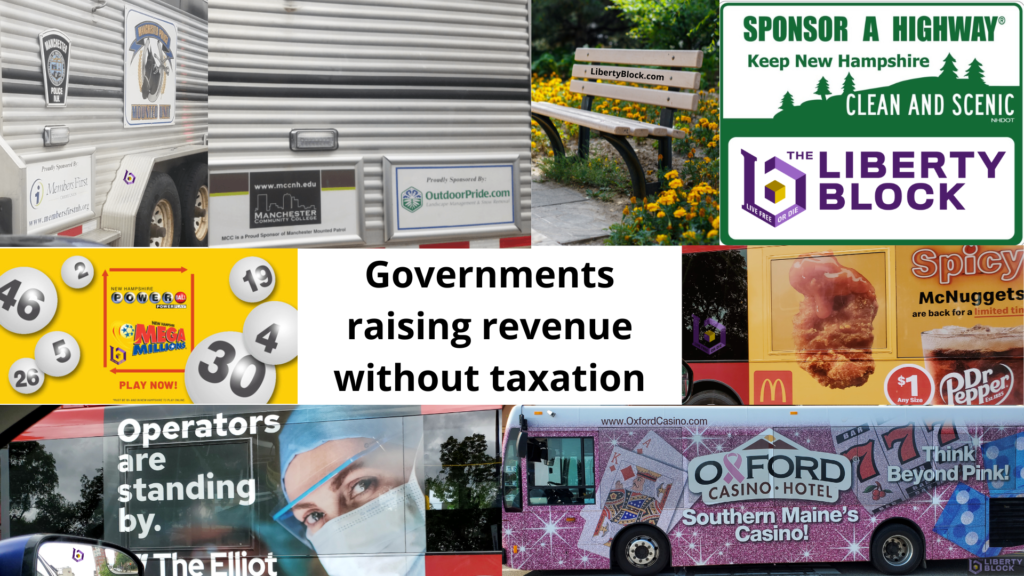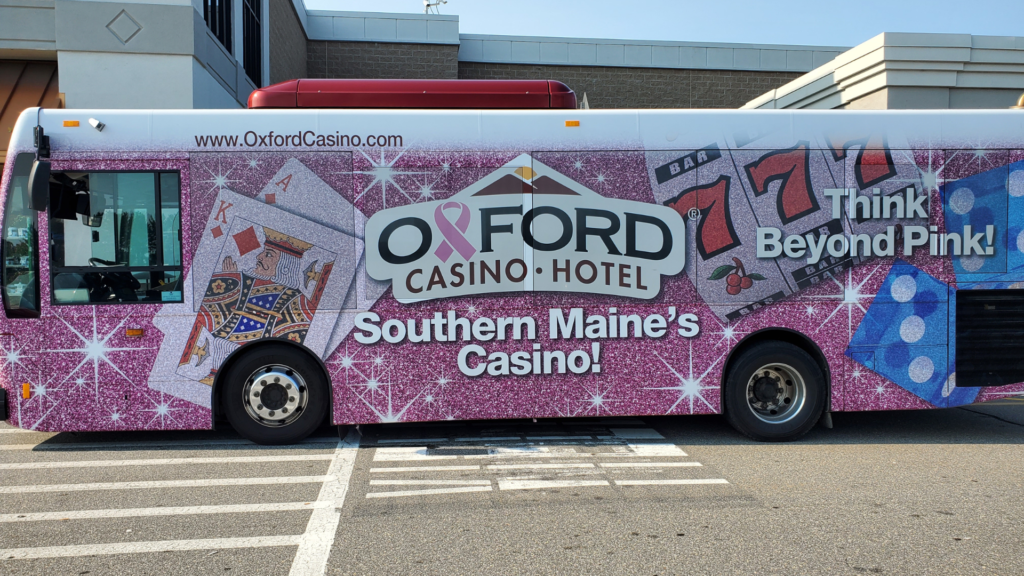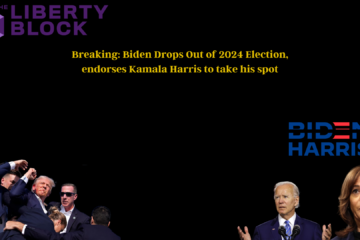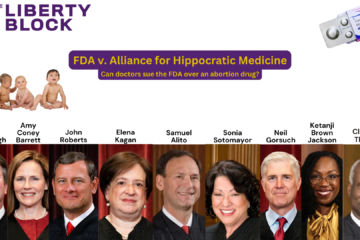Legislation proposed by three Republican Representatives would begin the immensely important process of eliminating mandatory taxation. Three years after The Liberty Block originally published an article calling for legislation to make taxation voluntary, and a year and a half after we published an article explaining the ‘new free market’, Representative Julius Soti of Windham has finally taken the idea from theory to a real life bill. Representatives Yakubovich and Warden have signed onto HB1189 as co-sponsors.
This simple bill says that the government may accept voluntary donations from the public. The government is likely already able to accept money, but this bill clarifies that it could. The bill also states that “The availability of making voluntary donations of money to the state shall be prominently displayed on the state’s website.” This is fairly important because it will notify New Hampshire residents that they could give money to the government voluntarily.
Why would a person wish to give any government more money than necessary? Don’t politicians use money to abuse and control citizens? Yes. That is what makes this bill so fantastic. The bill allows those who donate money to the government to receive something extremely valuable in return for their money: Advertising.
Once HB1189 passes into law, citizens who wish to advertise their business (or their charity or even their own name) could donate to a municipal or state government and request that a certain property display their name. This resembles the typical advertising model. Because that’s exactly what this bill creates. The new law would allow the government to raise money by earning it from willing donors as opposed to taking it from citizens by the threat of force. Like all other entities in the world, the government should have to earn money fairly and peacefully.
The bill states that “The receipt of a donation under paragraph I shall be noted in the annual report of the municipality, and the name of the donor shall be listed by the governing body on the municipality’s website. The governing body may approve suitable recognition of donations as they see fit.”
The bill creates the voluntary donation process for municipalities (towns and cities) and for the state government.
Naturally, the exact rates, sizes, durations, and other specifics will be worked out by the free market. Competition will increase the prices of prime government-owned real estate until price discovery settles on a price. Buying a 12-inch placard on a town government bench might cost $75 per month. Renting the entire side of the state government’s New Hampshire Hospital building might cost $14,000 per month. Who knows? Let the market set the rates. The governments should take as much money as they can from citizens who are willing to pay for the ads. In fact, The Liberty Block would probably ‘donate’ some money to the local fire department in exchange for a small advertisement with our logo and website URL on the side of a fire truck or ambulance. We would receive great publicity, the fire department would receive money, and the town’s taxes would decrease. It’s a win-win-win scenario!

The better the state government, local government, or department performs, the more likely businesses will want to advertise with them. If my fire department does a great job (they do), I would be more likely to ‘donate’ more money to them. This principle will also naturally help keep government agents accountable. If a government or department performs poorly, they may lose money because interest from advertisers would drop.

As the new process begins to take hold, the state government may be able to raise $6 billion a year from advertising revenue. Once that occurs, there would be no more need for taxation, because the state government would be fully funded by voluntary transactions. Municipalities could also raise a few million dollars per year via advertising fees, which would cover their budgets, too. This would eliminate local property taxes. This historic bill could begin to phase out mandatory taxation in New Hampshire.
The legislation had a public hearing in the House Ways & Means Committee on Tuesday 1/11.
UPDATE: This bill has failed to pass.



3 Comments
Deanne · January 6, 2022 at 3:28 am
I wonder if it would really work out that way or if they would just find more projects and ways to spend the windfall. It sounds good and I hope it flies, but it seems that nearly everyone who gets elected suddenly becomes one of “them” instead of one of “us,” and there seems to be no limit to the ways to spend other people’s money…
Deanne · January 9, 2022 at 1:57 pm
I wonder if it would really work out that way, or if they would just find more projects and ways to spend the excess money on.
There is some psychological change that seems to happen to far too many people who are elected to office. They seem to become no longer part of the general population and start thinking as if they are part of a different reality. Their perspective seems to morph. They suddenly can think of great and wonderful projects and ways to spend the largesse that continues to flow in to the government coffers.
I think the idea should be a trade. We do this INSTEAD of property taxes. If it is an add-on initially, it’s unlikely those in government will ever give up their other sources of income.
Nathaniel · January 20, 2022 at 3:02 am
Listening to the line of questioning that most of them asked it seemed like most of them did not fully understand the benefits of the bill. There were a few good questions but overall the mood seemed skeptical and unfortunately they seemed to gung ho on getting rid the most important aspect of the bill because it was too scary or controversial or whatever.
Comments are closed.